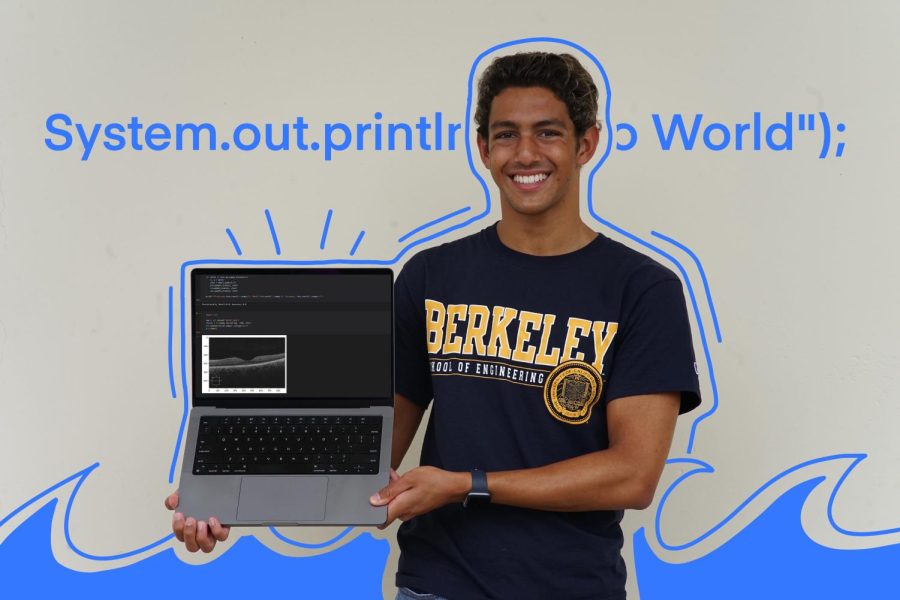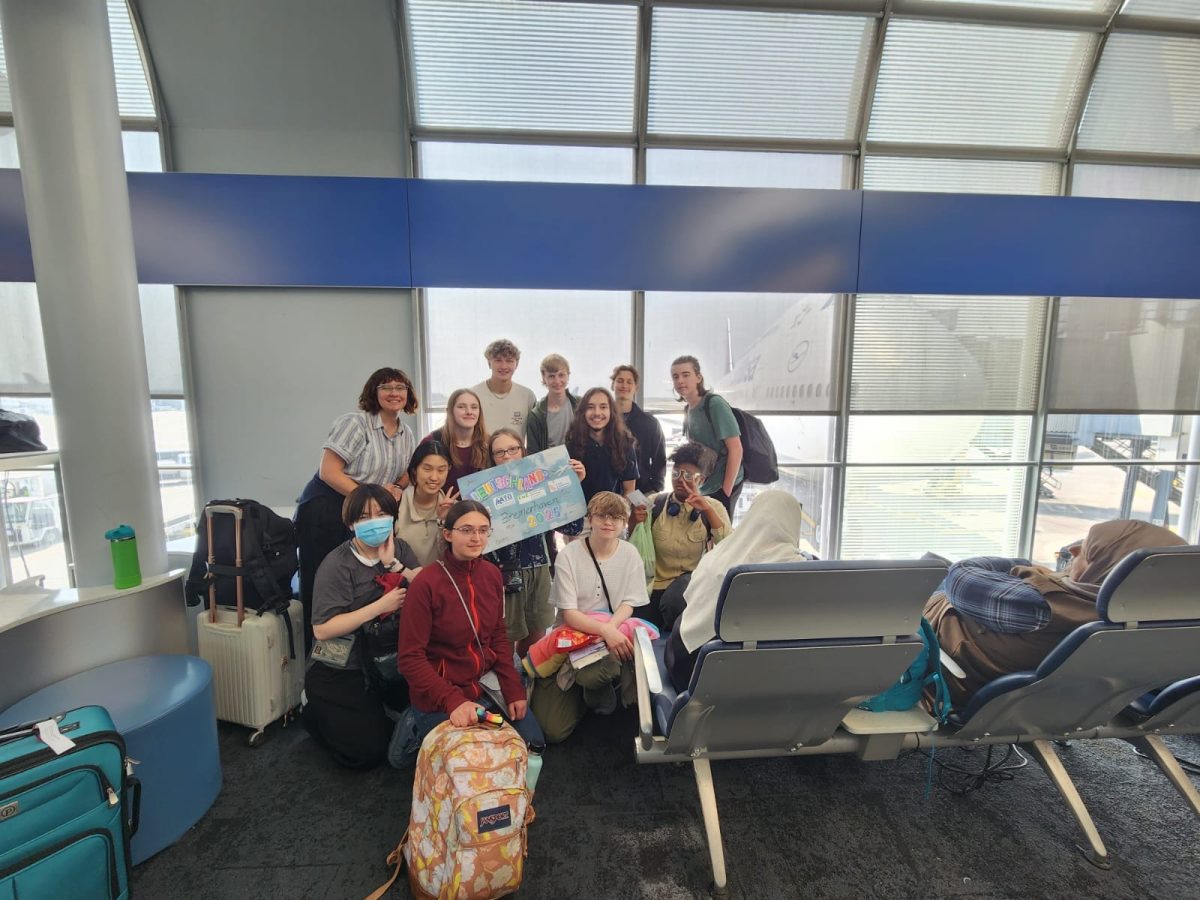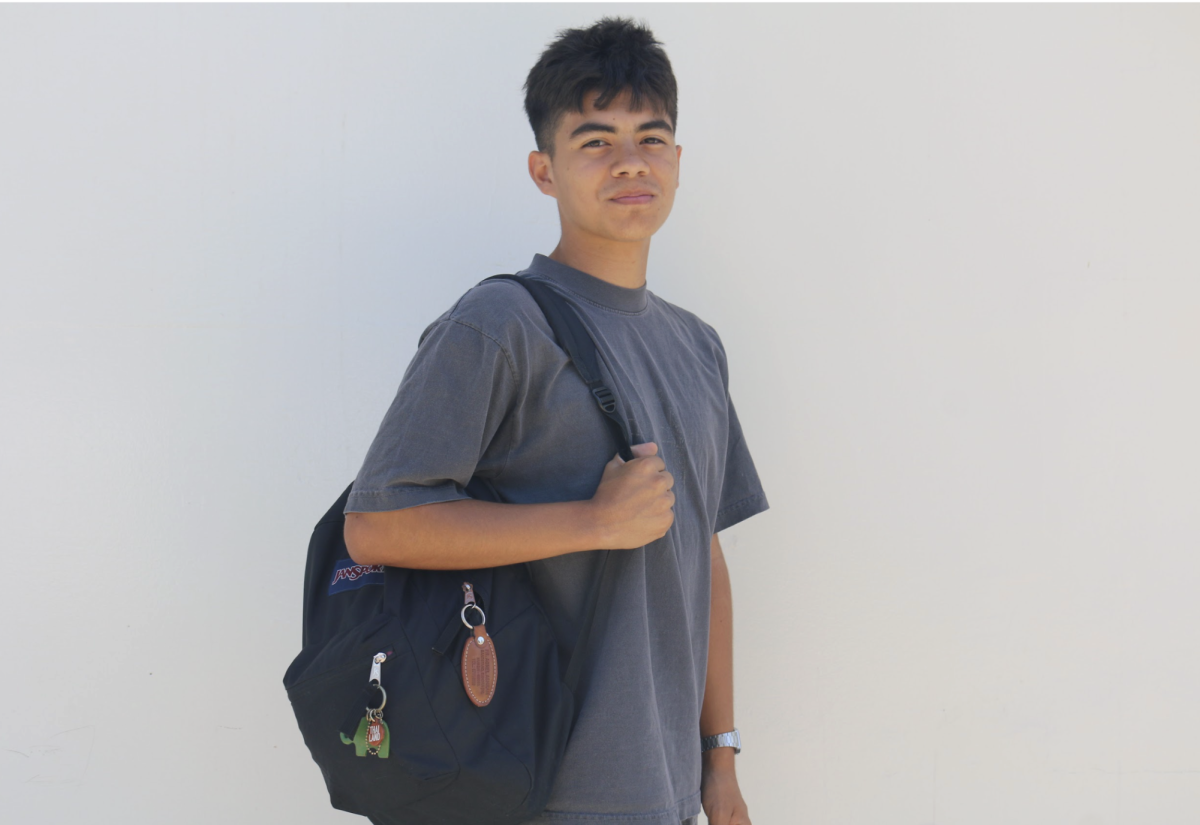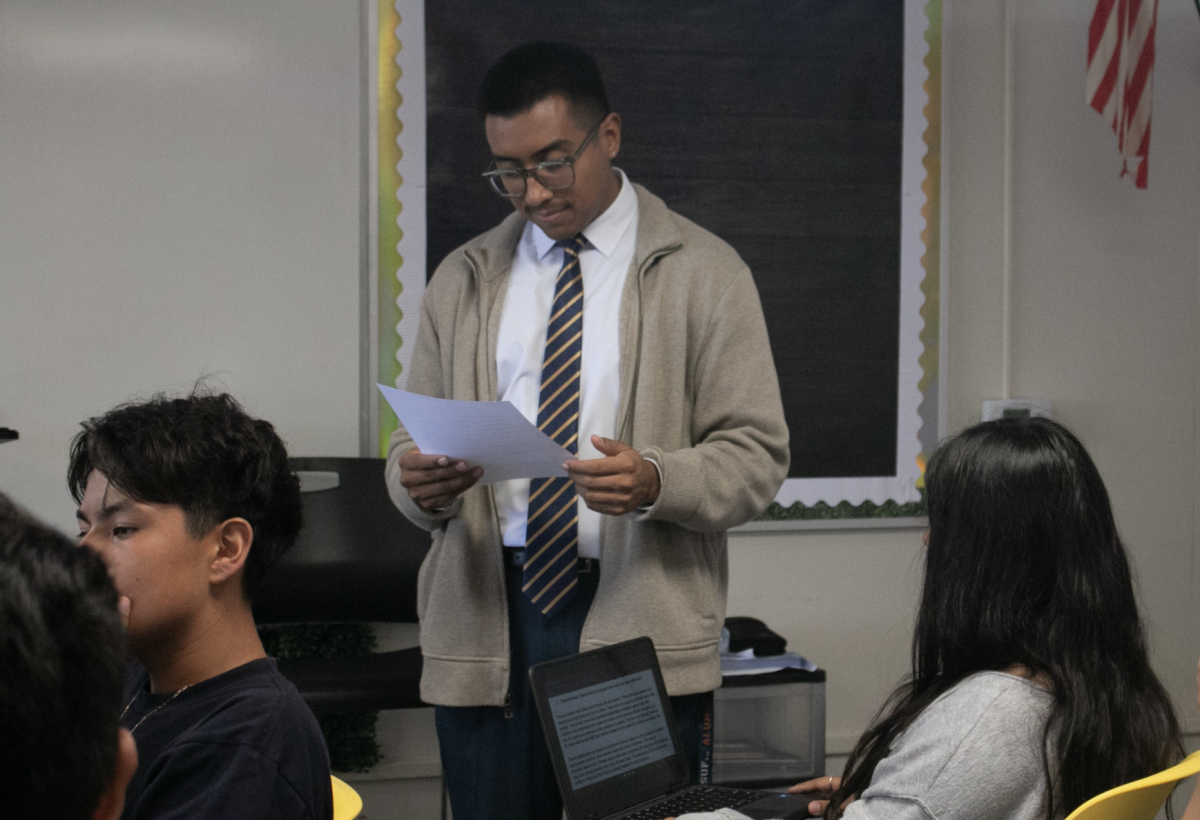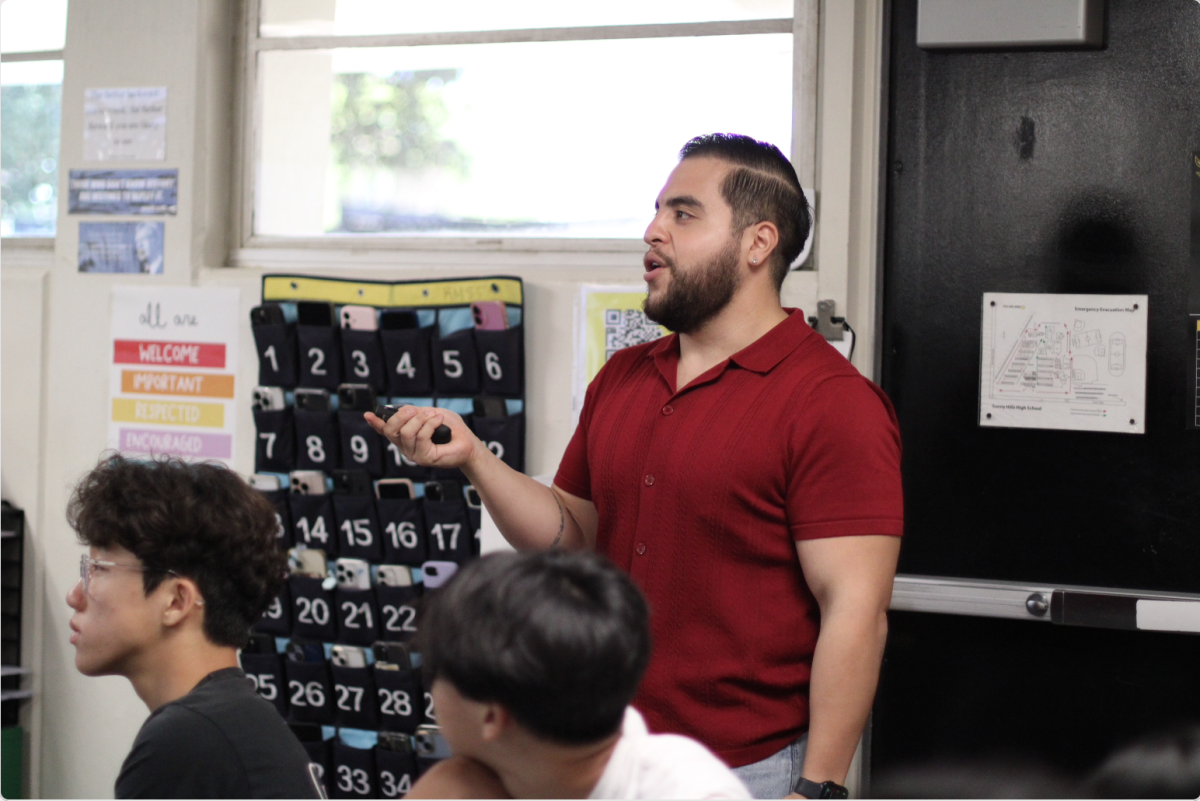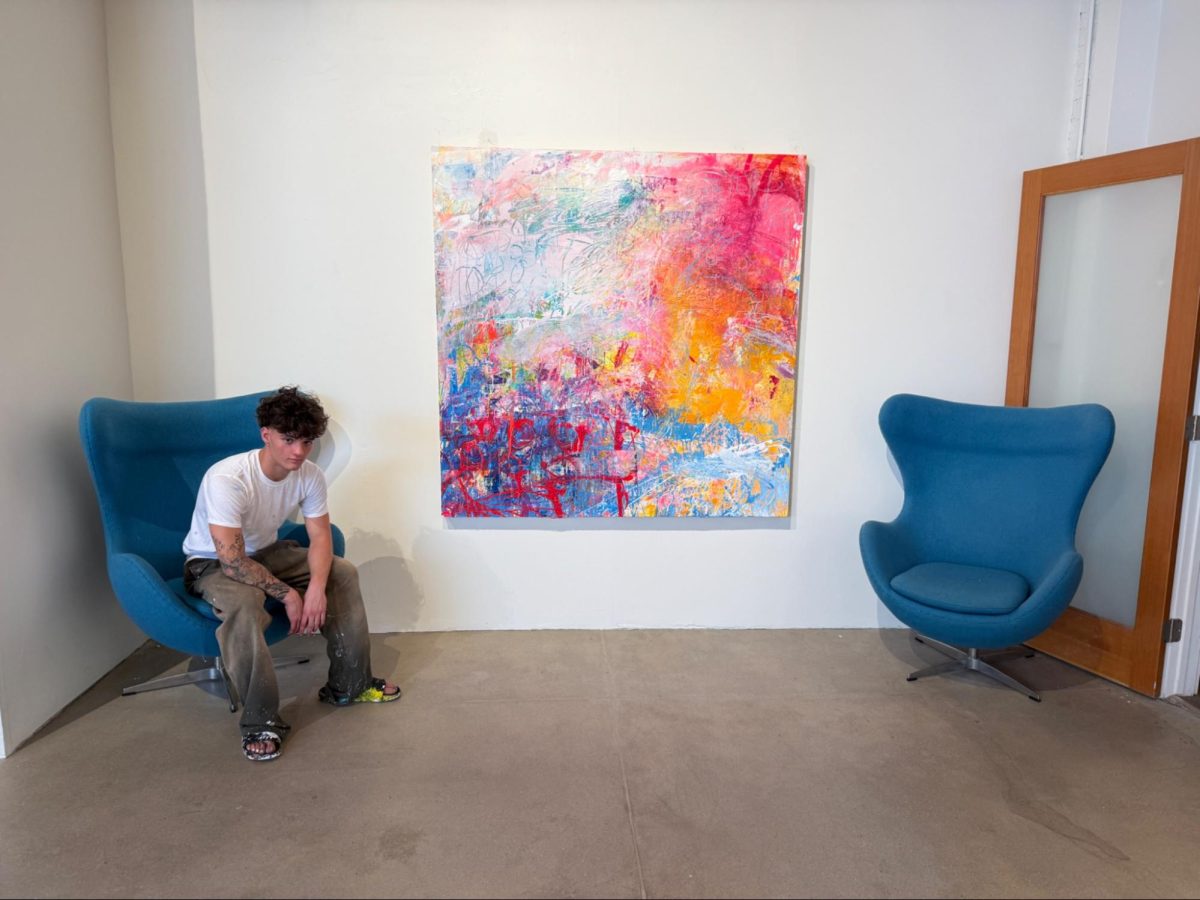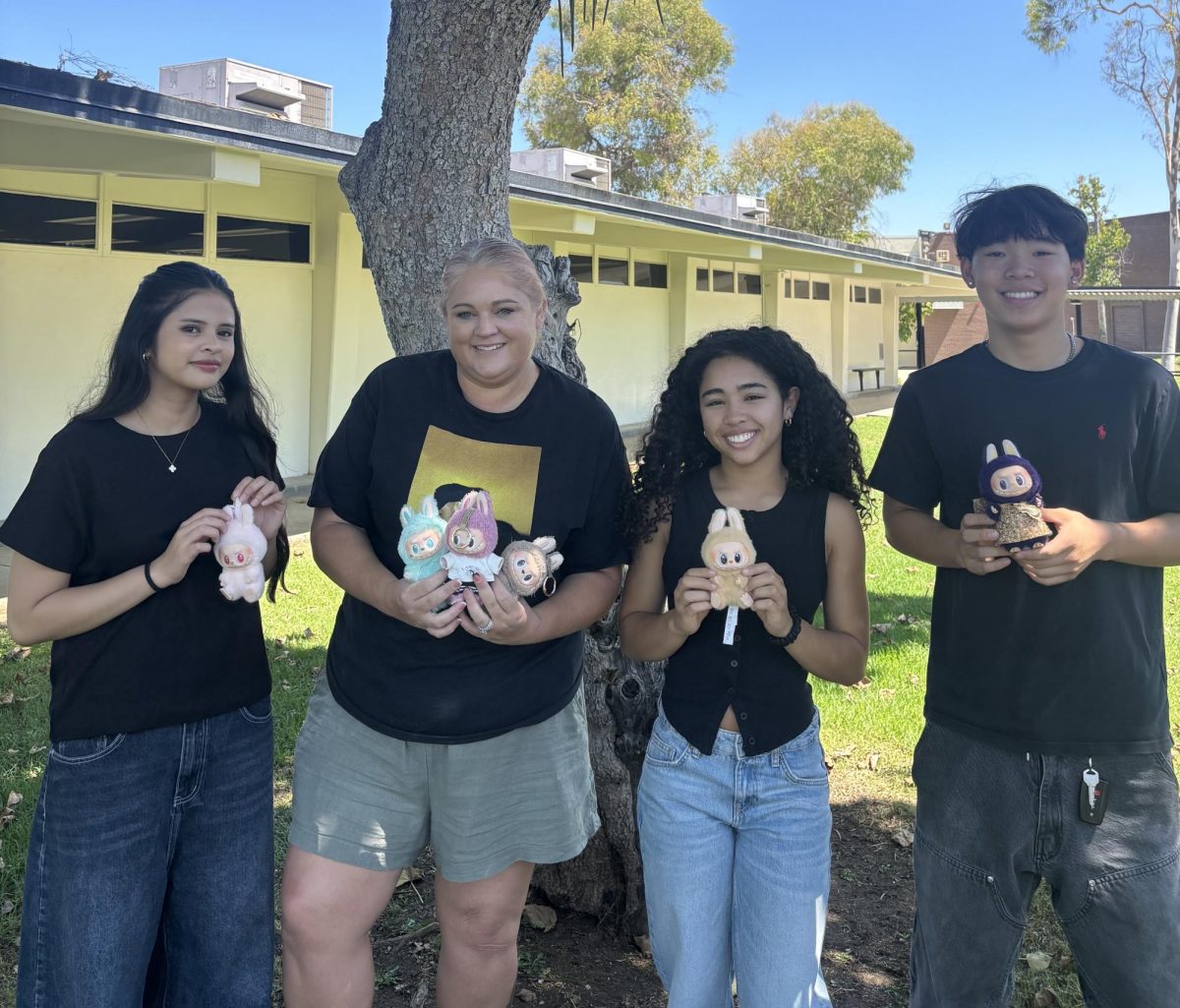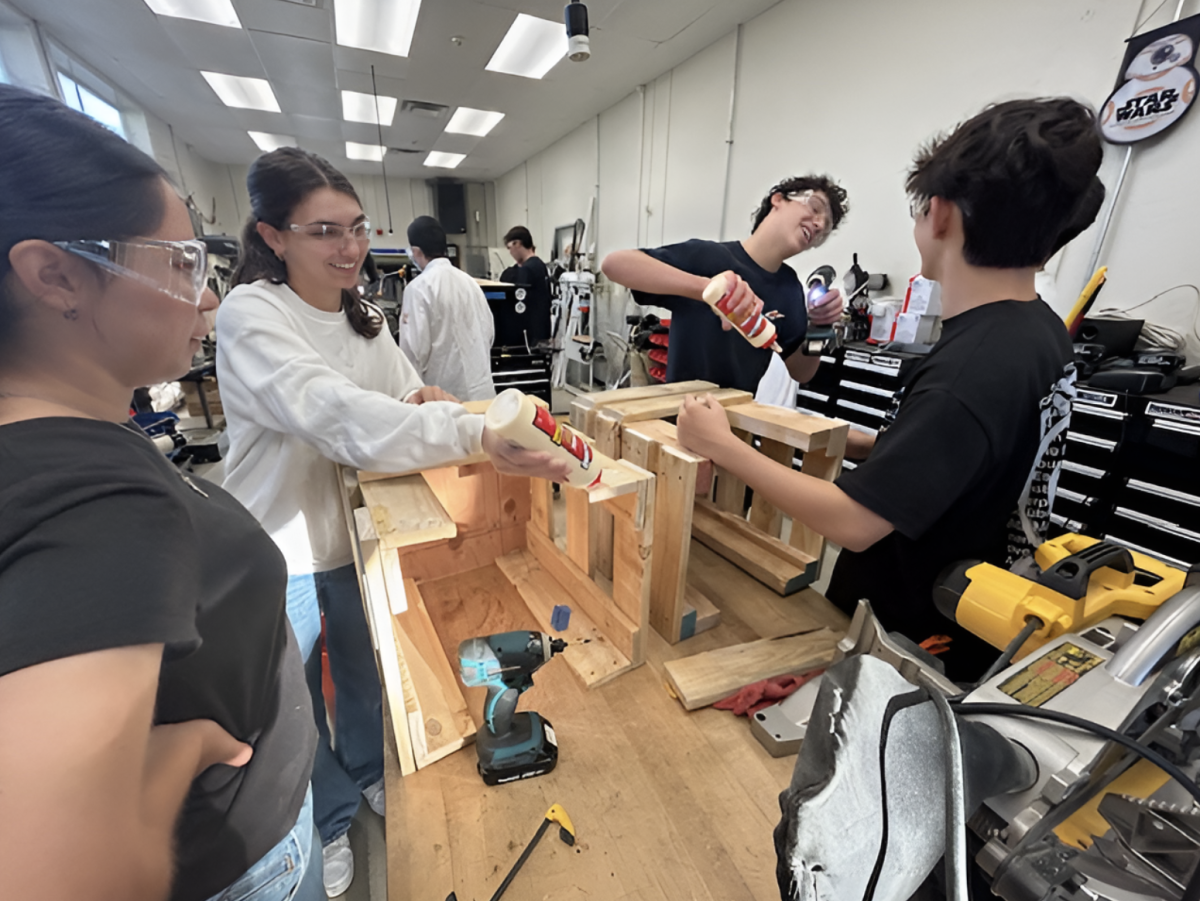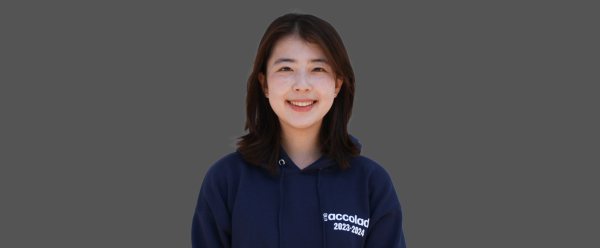Question 1: How do you feel as one of the 18 valedictorians?
Answer: I feel honored to have received this award and glad that my hard work has paid off. I am very proud of all 18 of us for having made it this far in our high school careers.
Question 2: What are your plans after high school?
A: I will be attending the University of California, Berkeley, with a major in bioengineering.
Question 3: What are your career aspirations?
A: Currently, I intend to work in the research and development of new ophthalmic medical devices and also practice as an ophthalmologist. As a child, I had to regularly visit ophthalmologists for a period of time because of severe corneal scarring, and the early exposure to the field inspired me to pursue it as my own career at a young age. I became especially interested in medical technology because I believed it would enable me to impact the lives of more people than I could as just a clinical practitioner.
Question 4: How did you handle stress and manage your time effectively?
A: I think that stress management and time management both come down to proper planning, which is something I became much better at during my junior year. Staying organized — especially mentally — has helped me recenter myself whenever I feel overwhelmed.
Question 5: What extracurricular activities or leadership roles were you involved in?
A: In terms of athletics, I was involved in swimming with both Sunny Hills’ varsity swim team and my club team. I was also the president of Coding Club, an instructor for CyberPatriot, the publicity manager for STEMup4Youth, a Science Olympiad team member, an International Food Fair performer for the Indian Student Association, a member of Photography Club and a member of Student Senate.
Question 6: What was the class that threatened your valedictorian status?
A: Definitely the first semester of Advanced Placement [AP] Human Geography with Mr. [David] Fenstermaker. I don’t think I entirely knew what was expected of me going into my first AP social science class, and I barely scraped by with an A-.
Question 7: What were some of your academic failures or setbacks, and how did you bounce back from them?
A: The first setback I experienced happened right at the start of high school. My junior high school only offered up to Algebra 1, so I felt slightly behind many of my peers, some of whom were able to take classes as advanced as Algebra 2. However, with summer school and lots of self-studying, I was able to exceed what I thought would be possible as a freshman.
Question 8: Were there any teachers or mentors who played a significant role in shaping your academic journey? If so, how?
A: All of my International Baccalaureate [IB] teachers and Mr. [Brian] Wall have supported me and inspired me so much throughout my journey to where I am today. Learning under teachers who are truly dedicated to education is an incredible experience that I have treasured during my time in the program. I would also like to give special thanks to Ms. [Cristian] Bueno, Mr. [David] Kim, Mr. [Alexander] Hua and all of my other science, technology, engineering and math [STEM] teachers for playing integral roles in igniting my immense passion for STEM.
Question 9: How did you navigate the college application process, and what advice do you have for other students going through it?
A: I think that there is a lot of pressure to participate in activities or write about experiences that colleges “want,” but I truly believe that following your passions and interests will not only make you happier in high school, but also help you come off as more genuine and make the writing process much easier. Do what you enjoy doing — whatever it may be — and everything will fall into place perfectly!
Question 10: Whether it be school-affiliated or not, were there any specific projects or assignments that you feel were particularly impactful or rewarding?
A: One of my favorite projects from the past four years was when I developed a machine learning model to classify retinal optical coherence tomography [OCT] scans as either displaying signs of age-related macular degeneration or not. With the help of Modern Eyewear Optometry, I was able to use the model to process consenting patients’ OCT scans and test them for age-related macular degeneration. I enjoyed this project because it allowed me to catch a glimpse of the field of eyes and the world of medical technology.
Question 11: What was a specific study habit or routine you had that helped you excel?
A: While many may disagree with me, I am a huge advocate for digital note-taking. Being able to access my lecture notes on all devices and rearrange them after class is extremely valuable in organizing my thoughts. A few of my favorite apps for note-taking are GoodNotes, Element Note and RemNote.
Question 12: What is your most memorable experience or highlight from your high school years?
A: If I included them all, it would be far too long, but some of my favorite memories came from Science Olympiad competitions, IB socials, Coding Club meetings, the International Food Fair and when Mr. [David] Wolf jumped onto Tazia’s desk and squawked.
Question 13: Where do you see yourself in 10 years?
A: I don’t really have a complete picture of where I see myself 10 years from now. My only desire is to remain on track to achieve all of my personal and career goals as well as maintain a happy, healthy and balanced life.
Question 14: What will you miss most after you graduate?
A: After graduation, I will miss all of my friends more than anything else. I am beyond grateful for how kind, compassionate and supportive they have been for me over the past four years. Parting to go our separate ways for college will be one of the most bittersweet experiences of my life.
Question 15: If you could go back to freshman year and redo high school, would you?
A: While I am happy with where I have ended up, I have learned so much about myself and the high school process throughout the past four years that I might consider redoing high school if given the chance. However, I am extremely eager to dive into higher education and the next chapters of my life, so I would probably stop regret from getting the best of me and simply move on instead of dwelling on the past.
Question 16: Tell us a life lesson you learned at Sunny Hills.
A: When bouncing back from failure and setbacks throughout my schooling, I have always shifted my perspective to what I can do on my part to improve. Rather than accepting defeat, I search for changes I can make in my habits, life or point of view that will make me a better student and person in the future.
Question 17: As a valedictorian, what last message do you have for the underclassmen?
A: Do what you enjoy. Take time for yourself. Grades aren’t everything. You are enough — more than enough! Don’t compare yourself to others; the only person you should strive to surpass is yourself. This is something that took me a little while to learn, but when I did, it completely transformed how I view my own success.
Question 18: What was the most useful advice you have received from someone about high school?
A: I’m sure people hear this a lot, but the advice not to procrastinate was probably the most useful. While there were plenty of times when I did procrastinate, I also learned to prioritize and plan more effectively.
This is part of an ongoing series featuring the Class of 2023 valedictorians. More Q&As will come soon.


